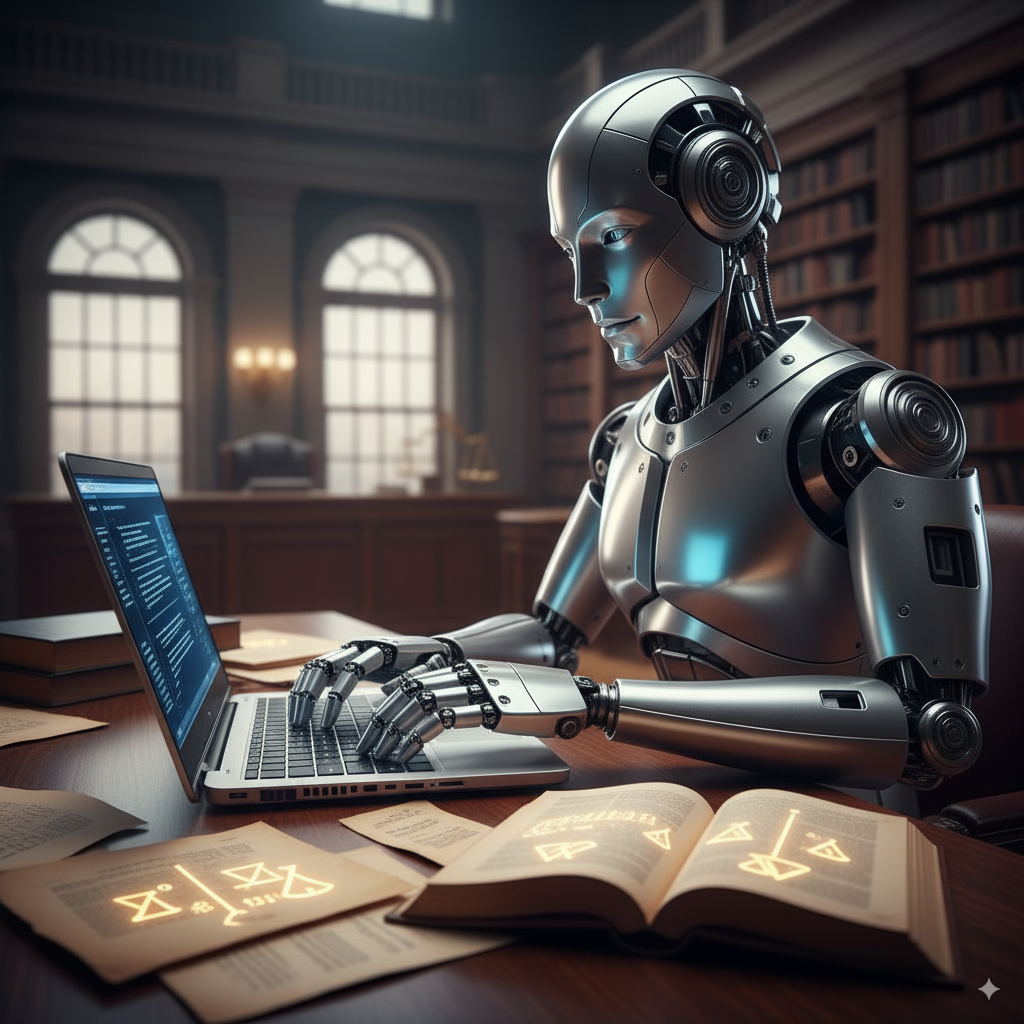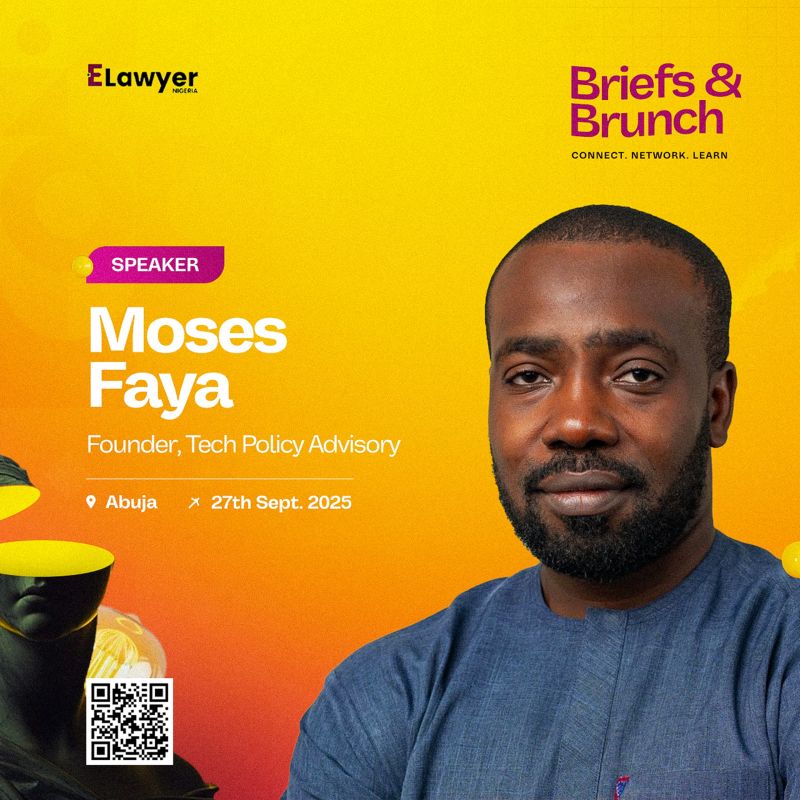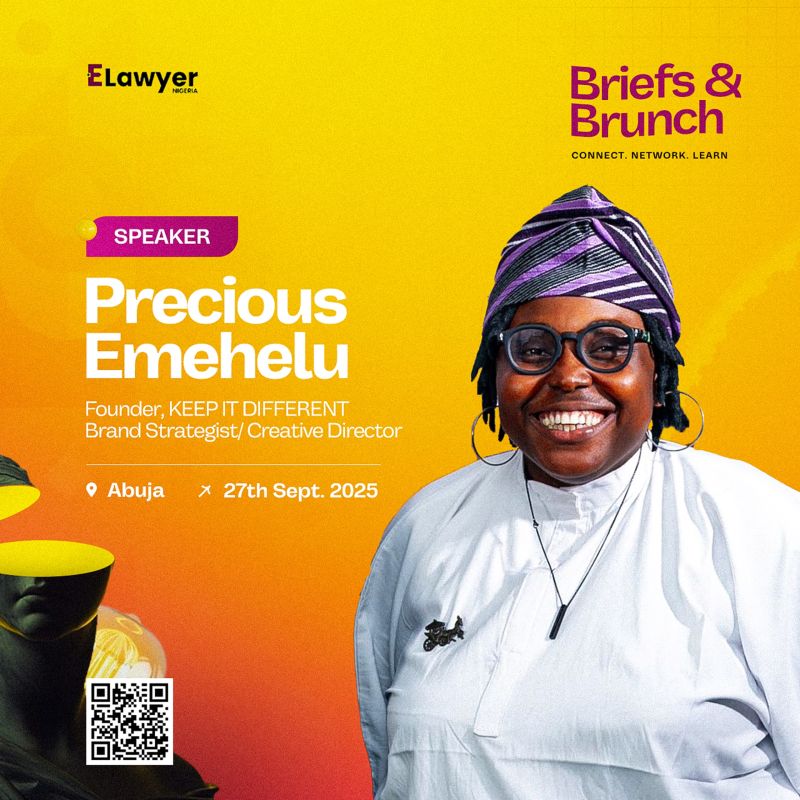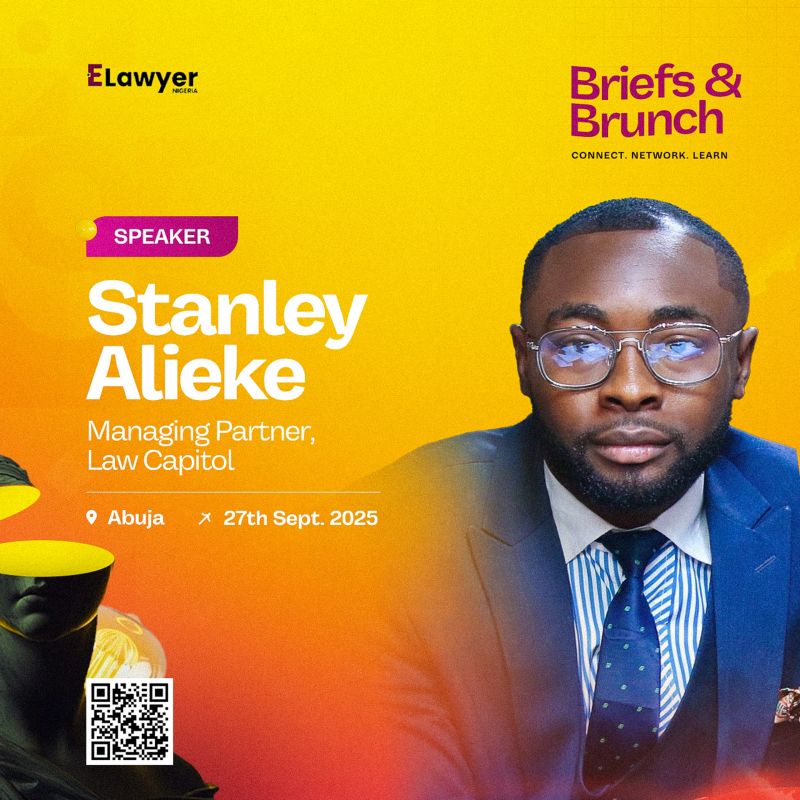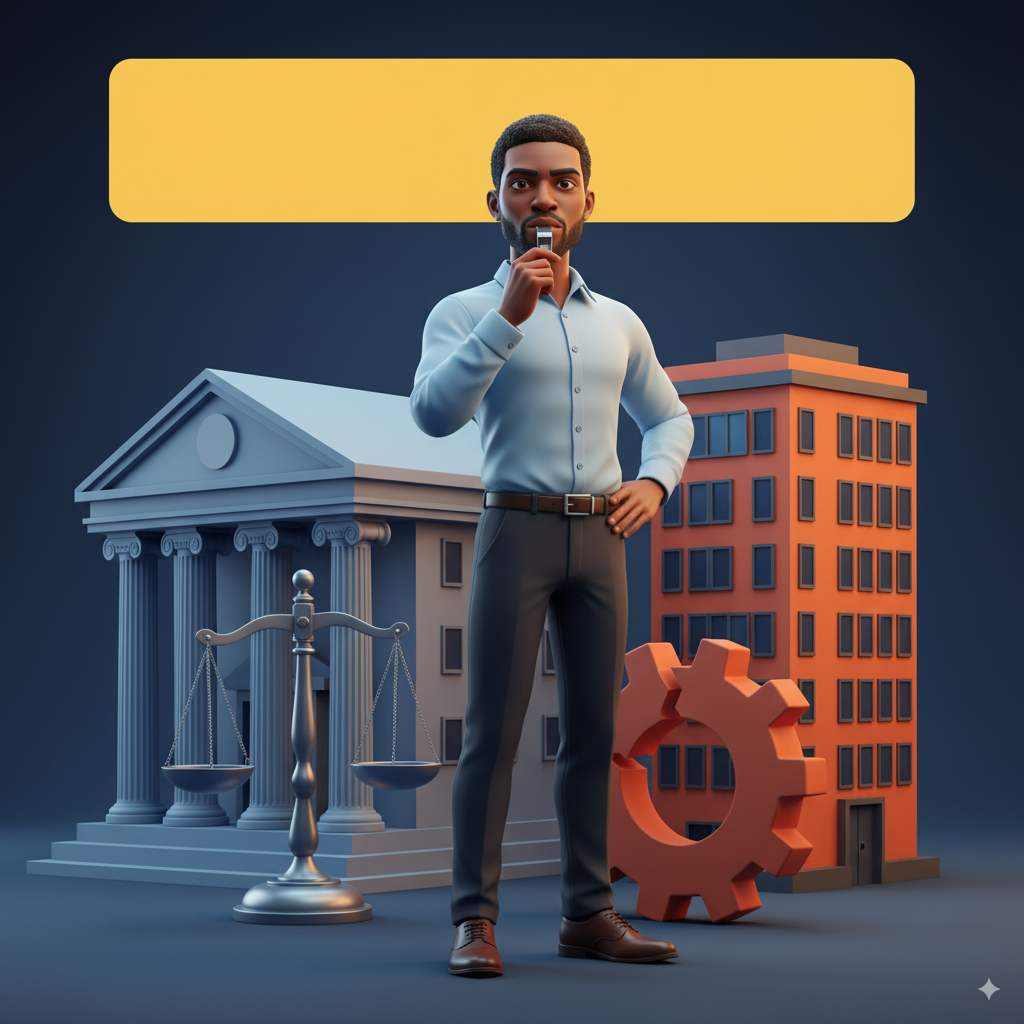Background Story:
Tunde, a 27-year-old upcoming beatmaker/producer in Lagos, loves Afrobeats music and had an idea for a song about Lagos hustle. However, with a very little budget and big dreams about his musical career, he used an accessible AI composition app. He fed the model his idea, hummed a melody into his phone, and asked the AI to build on it. The result: a polished track he named “Hustle on ???”.
A collective effort of Tik-Tok dancers and collabs from popular made the sound viral. After about a week becoming the top trending sound, a big popular brand sought a commercial license. The Big Funds started arriving and there was birthed, a hot dispute: the AI company stated that according to its terms ownership of outputs generated on its platform were theirs. On the other end, Tunde’s studio owner also argued that their sessions and input made him a co-owner of the hit sound. Furthermore, the coder who fine-tuned the AI model that was used to create the sound said the model’s training data (some of which included his licensed melodies) meant rights were actually his.
A messy legal battle indeed… No contract. No clear law on the issue. Then, weeks of negotiation turned into litigation threats. The big commercial brand withdrew its initial offer and paused the campaign. Tunde began to sleep less and worried more, he had the hit sound he had always dreamt of, but not the funds and peace of mind he wished came with it. Tunde’s story is not unusual at all: wherever the law is silent, business ambiguity follows, and a lot of money gets stuck.
The Law
The Nigerian Copyrights Act 2022 was drafted on the premise of “human authorship”, which simply means that under the law, only human authors are recognized and can be protected under copyright. This position worked quite well until algorithms and AI began producing creative outputs without a single human hand composing any part.
Globally, jurisdictions are split: some countries such as U.K, South Africa, China and U.S. have flirted with recognizing machine inventors, the U.S. has largely rejected pure-AI authorship claims, and other countries are cautiously exploring new rules. However in Nigeria, the statutory definition still strongly assumes the “human creator policy”, so machine-only works could end up with no author under the Nigerian law. This clearly means no one can enforce copyright against infringers and no clear way to license or monetize the work.
Some other practical risks that this gap carries include:
- Startups cannot confidently build businesses around AI outputs.
- Musicians/creatives may see their works entangled with unclear ownership.
- Investors and brands may withhold deals to avoid legal fallout.
Practical Steps for Creators & Startups
While waiting for law reform, creators should use contracts and good practice to create some sort of certainty:
- Contract Everything: If you use an AI tool, make written agreements stating who owns the output, client, creator, or shared rights. Have prompt authorship, session records, and contributor roles properly documented.
- Review Platform Terms: Many AI services claim ownership or broad licenses over generated outputs. Read and negotiate those terms when possible or choose platforms with creator-friendly licensing.
- Clarify Data Provenance: Keep records of prompts, inputs, and any human edits. If a human substantially edits AI output, that human-authored version is safer from an ownership perspective.
- Use Licensing, Not Assumption: Instead of relying on unclear ownership, license rights explicitly (exclusive vs non-exclusive, territory, duration, revenue splits).
- Consider a “Custodian” Model: Practically, appoint a human custodian (producer, label, or legal trustee) who contractually holds the rights and administers revenue, this is a novel legal workaround many experts suggest nowadays.
- Insurance & Escrow: For the big brands out their looking to invest, use escrow for funds and consider IP insurance to manage disputes.
Conclusion
Machines are tools but increasingly sophisticated ones can now produce entire songs, scripts, and images with just a few prompts. When they do, the law must answer three questions: who owns the work, who may earn from it, and how do we prevent hidden infringement (e.g., training on unlicensed content)? Until Nigeria updates its framework, the safest route for creators is good contracts, clear record-keeping, cautious platform selection and a pure understanding of IP regulations.
Therefore, if you’re a musician, producer, startup founder, or even a lawyer advising creatives: start improving your knowledge on IP, so you don’t go to bed with a hit today and wake up with no rights tomorrow.
A great place to start is at the E-LAWYERS BRIEF & BRUNCH EVENT. happening very soon at Abuja. You can’t afford to miss this.

